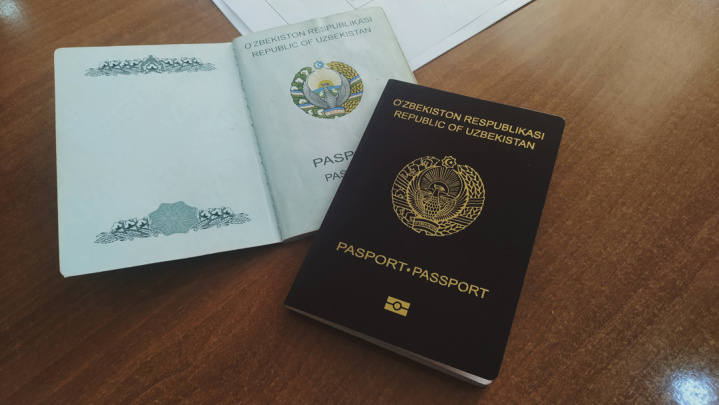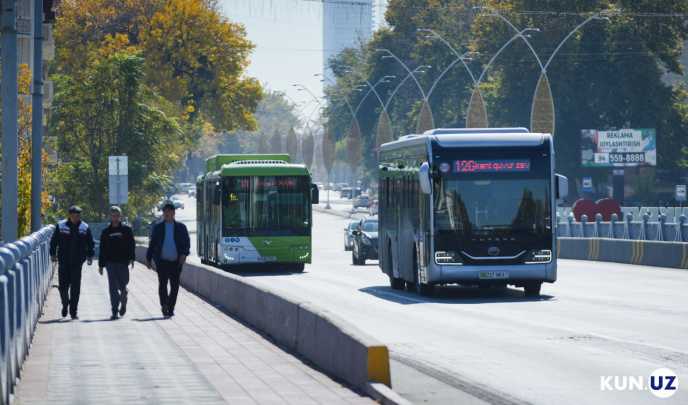The corresponding document is published on the open regulatory legal acts portal.
“Allied relations between the Republic of Kazakhstan and the Republic of Uzbekistan are built on the basis of comprehensive cooperation, trust, equality and mutual consideration of national interests, mutual respect for independence, sovereignty, territorial integrity and inviolability of state borders, as well as conscientious fulfillment of mutual obligations,” the document says.
The Treaty provides that in the event of a situation that, in the opinion of one of the parties, constitutes a threat of an armed attack by third states, the parties will immediately hold appropriate consultations with each other both on a bilateral basis and within the framework of international organizations whose members they are, with a view to taking measures conducive to its peaceful settlement.
In addition, it is said that the parties undertake not to participate in any blocs or alliances, and also refrain from participating in any actions directed against the other side. It was noted that relations between the Republic of Kazakhstan and the Republic of Uzbekistan have been developing in the spirit of friendship and partnership since the establishment of diplomatic relations.
In a multilateral format, the parties actively interact within the framework of international and regional organizations (UN, OSCE, ECO, OIC, CICA, CIS, IFAS, etc.).
Kazakh-Uzbek relations are based on the agreement on eternal friendship between the Republic of Kazakhstan and the Republic of Uzbekistan dated October 31, 1998 and the agreement on strategic partnership between the Republic of Kazakhstan and the Republic of Uzbekistan dated June 14, 2013. The contractual and legal basis of bilateral cooperation consists of more than 90 documents that cover almost all areas of cooperation.
“In order to bring Kazakh-Uzbek cooperation to the level of allied relations, a draft Treaty between the Republic of Kazakhstan and the Republic of Uzbekistan on allied relations has been developed, which provides for the improvement of the mechanism of meetings at the highest levels and the regular exchange of views and coordination of positions on bilateral relations and pressing international problems of mutual interest,” the document explains.
In accordance with the draft treaty, the parties reaffirm their obligation to refrain from the use of force or the threat of force directed against each other, interact to strengthen peace and security on a global and regional scale, and coordinate their efforts to counter modern challenges and threats.
The draft agreement provides for the expansion of cooperation in the military, trade-economic, cultural-humanitarian spheres, in the field of civil defense and energy.





